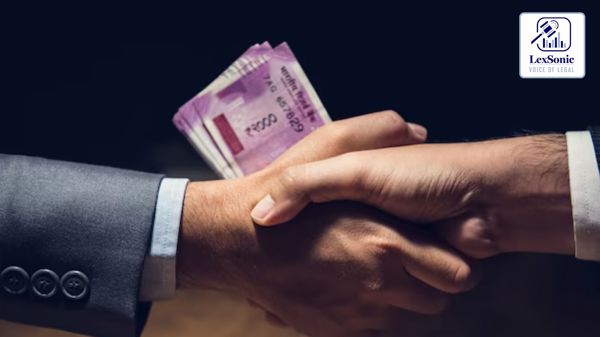Karnataka High Court's Acquittal in Bribery Case Set Aside by Supreme Court.
16 April 2025
Corruption >> Criminal Law | Criminal Appeals & Suspension of Sentence >> Criminal Law
The case originated from a complaint filed on April 7, 1995, by an individual seeking a change in mutation entries in revenue records. The complainant alleged that the accused, a Village Accountant, demanded a bribe of ?2,000, which was later negotiated down to Rs. 1,500, with an initial payment of Rs. 1,000 and the remaining Rs. 500 upon completion of the work. Unwilling to pay the bribe, the complainant approached the Lokayukta police, leading to the registration of a First Information Report (FIR) and the subsequent laying of a trap.

The trial court, after examining the evidence presented, convicted the accused under Section 7 and Section 13(1)(d) read with Section 13(2) of the Prevention of Corruption Act, 1988, sentencing him to one year of rigorous imprisonment with a fine of Rs. 500 for each offense, with an additional one month of simple imprisonment in case of default in fine payment.
Aggrieved by the High Court's acquittal, the State of Karnataka approached the Supreme Court. The counsel for the state argued that the trial court's conviction was based on a proper appreciation of the evidence and should not have been set aside on the basis of minor contradictions that did not go to the root of the case. The counsel emphasized the recovery of the bribe money from the accused's possession and invoked the presumption under Section 20 of the P.C. Act.
After hearing both sides and perusing the records, the Supreme Court sided with the prosecution. The apex court held that the trial court had arrived at a "just and proper conclusion" based on the evidence and that the High Court had committed a "serious error" in setting aside the well-reasoned judgment of the trial court on "erroneous grounds."
The Supreme Court also highlighted the testimony of PW2 (Shadow Witness), which corroborated the complainant's account of the accused accepting the bribe, counting it, and placing it in his pant pocket. The court found that the High Court had erroneously ignored the consistent testimony of this witness.
The Supreme Court concluded that the prosecution had successfully proved the charges against the accused beyond a reasonable doubt under Section 7 and Section 13(1)(d) read with Section 13(2) of the P.C. Act. Consequently, the apex court allowed the appeal filed by the State of Karnataka and set aside the judgment of the High Court, thereby upholding the conviction and sentence imposed by the trial court.
Section 7, Prevention of Corruption Act - 1988
Section 13, Prevention of Corruption Act - 1988
Prevention of Corruption Act, 1988
